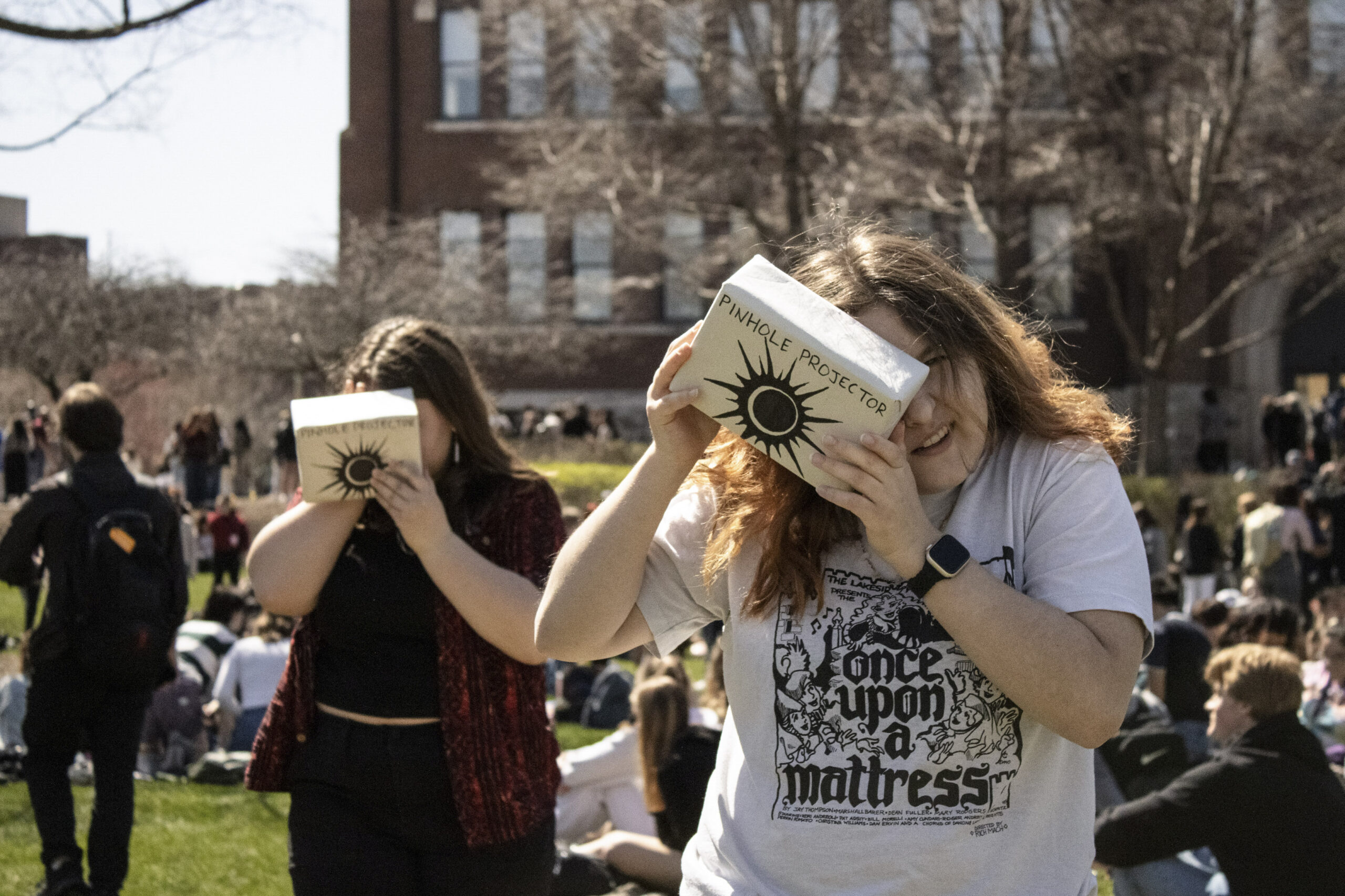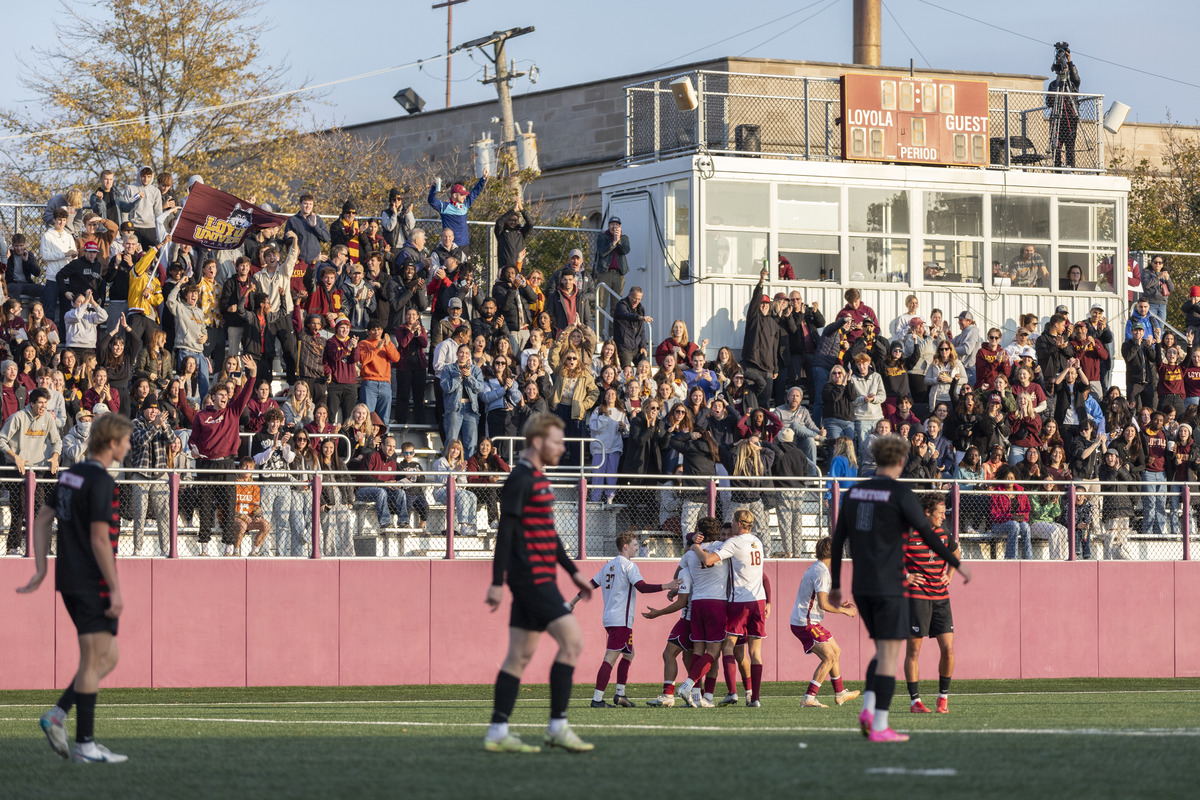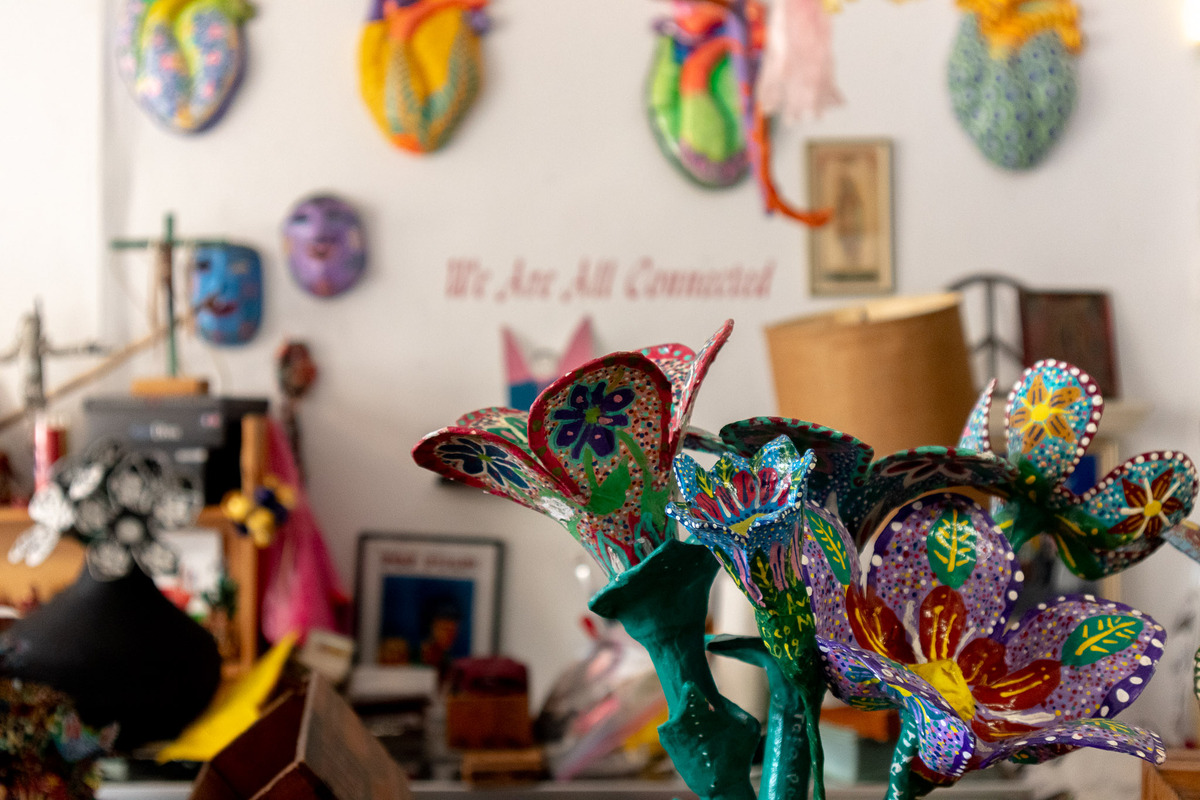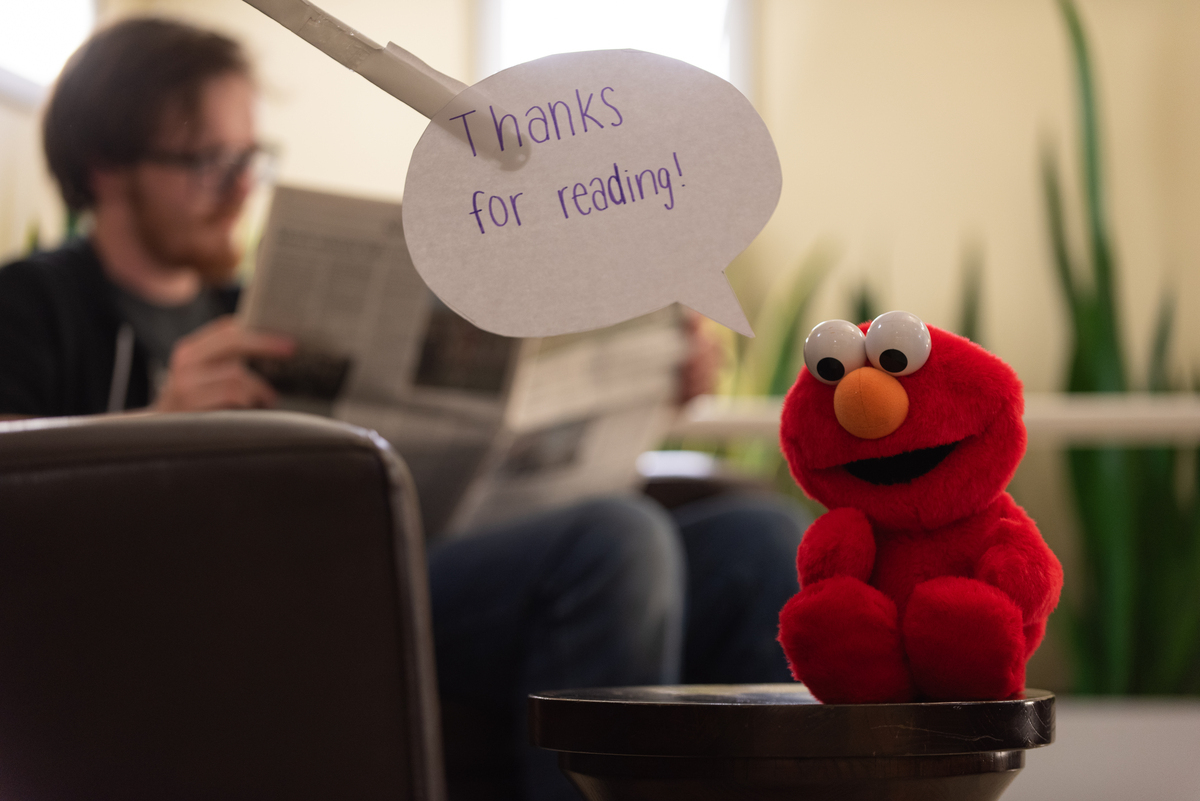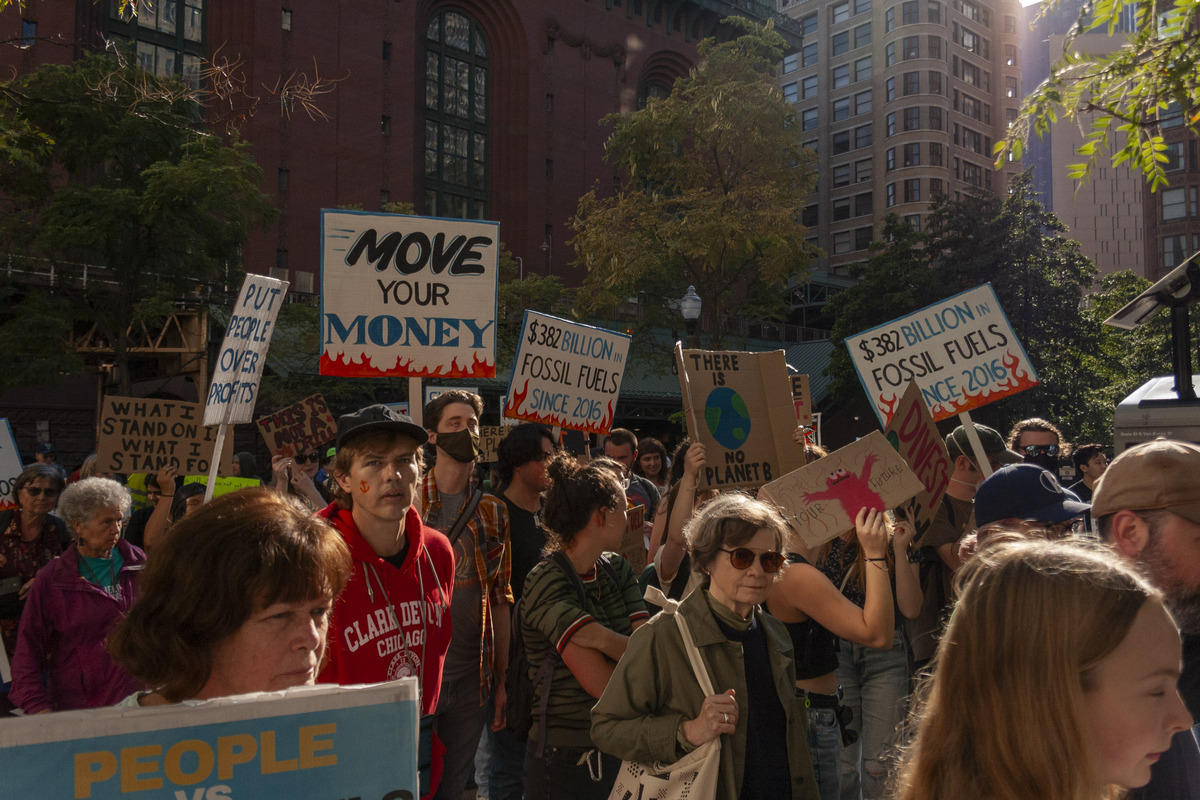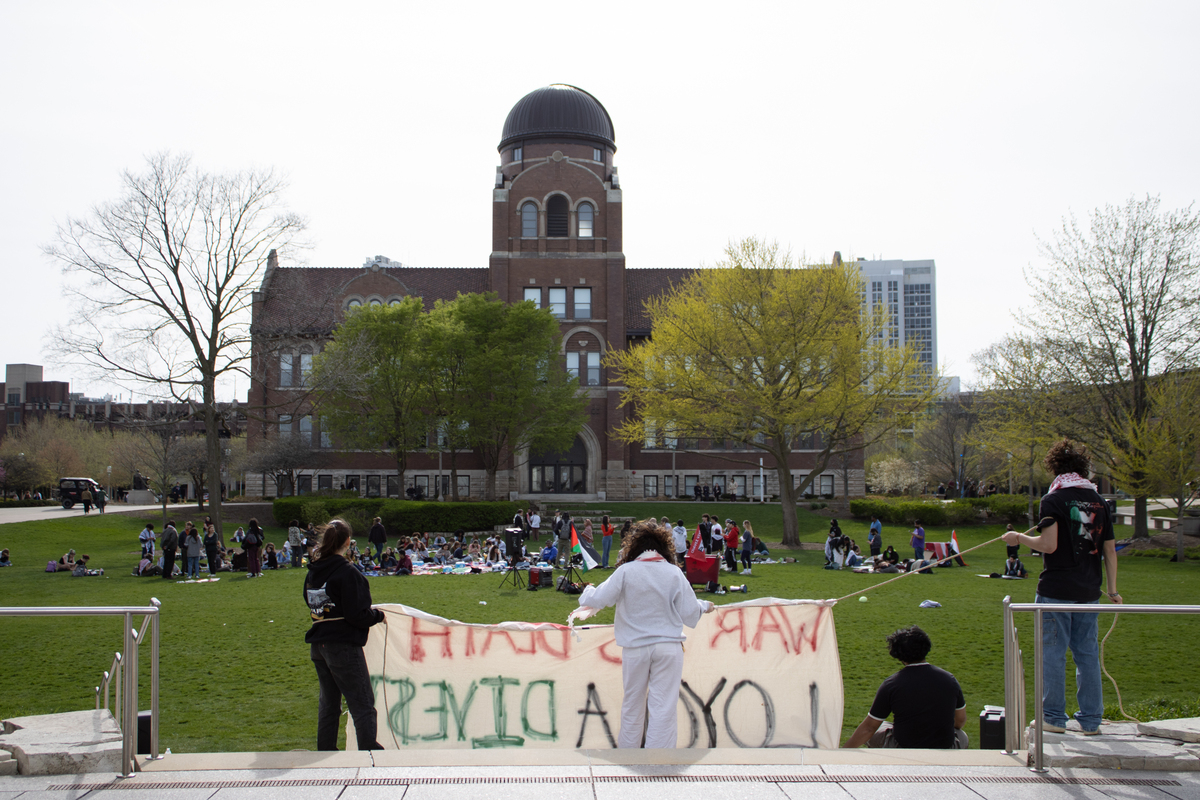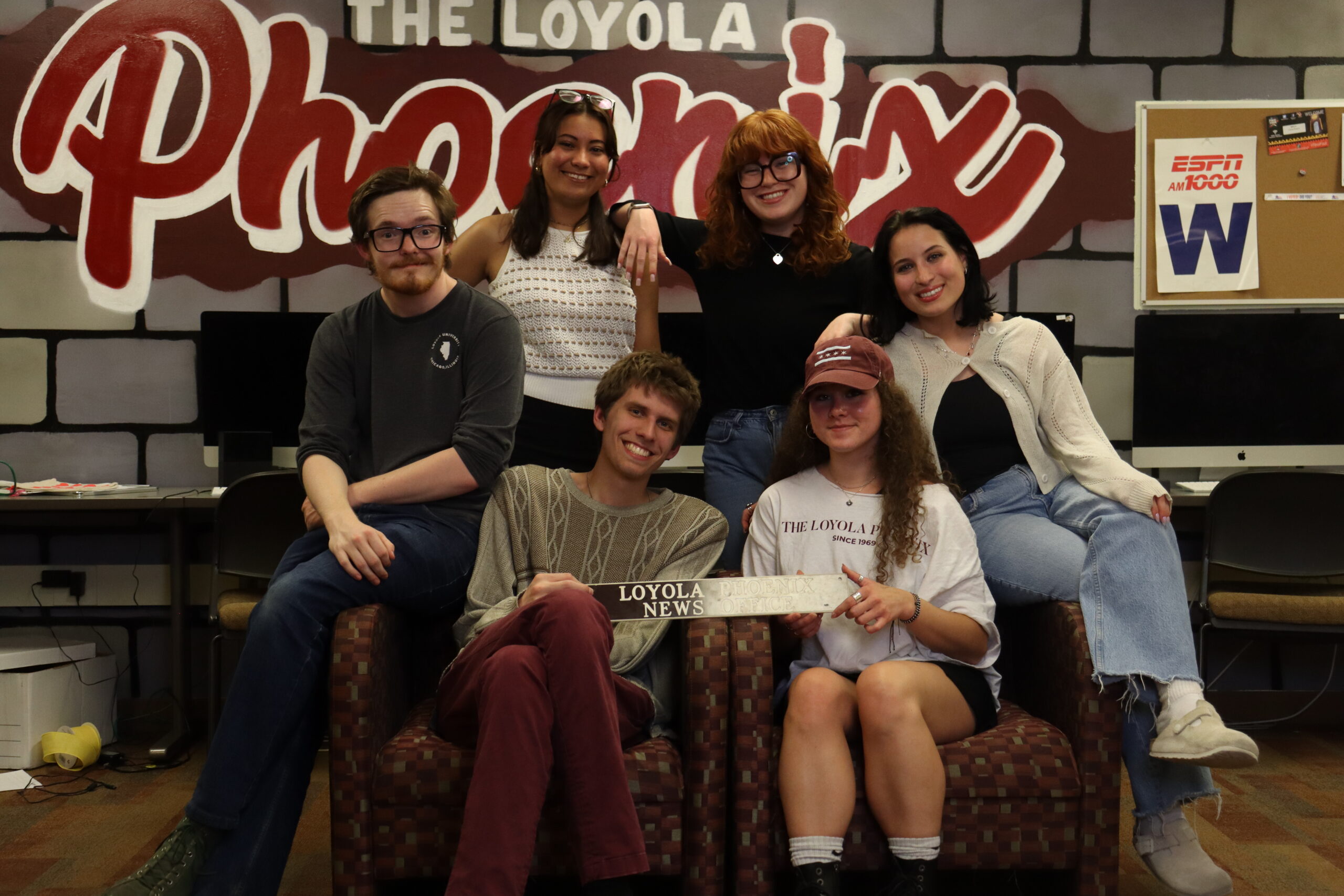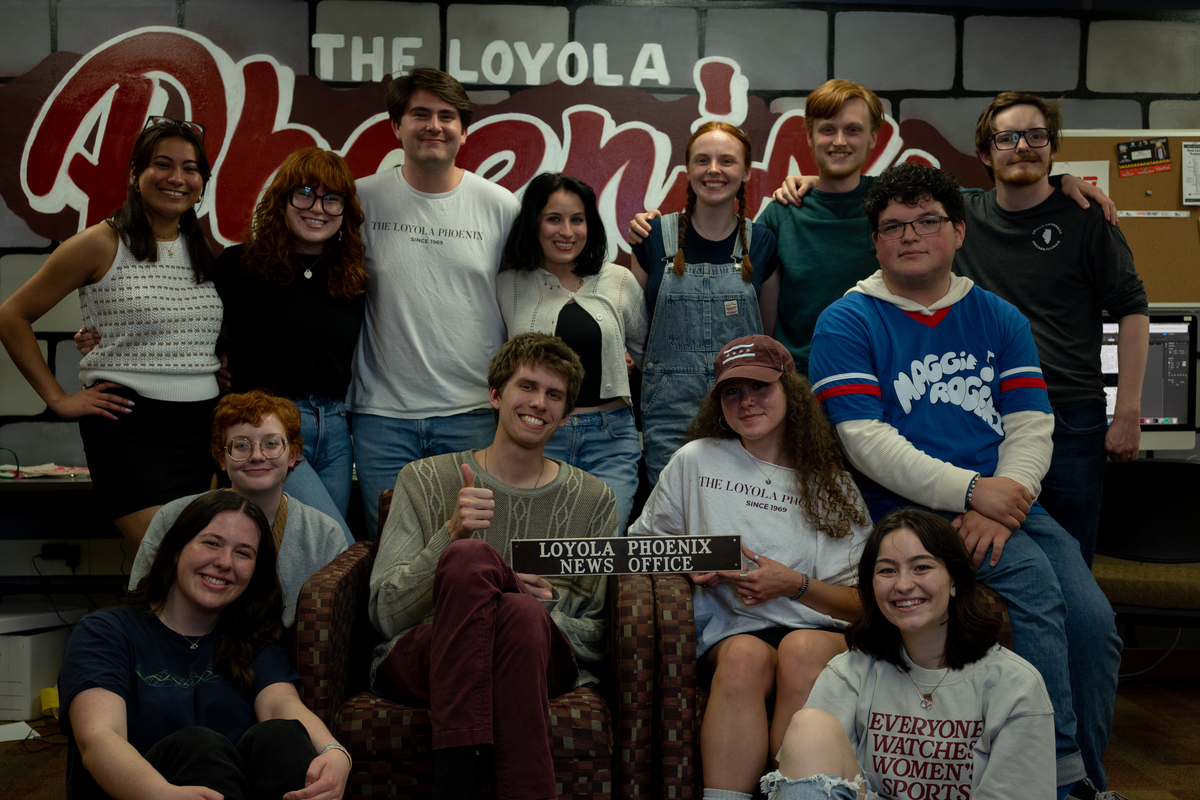Daniel Boone Elementary ended its renaming process and approved Mosaic School of Fine Arts as its future name.
Daniel Boone Elementary in Rogers Park Undergoes Name Change
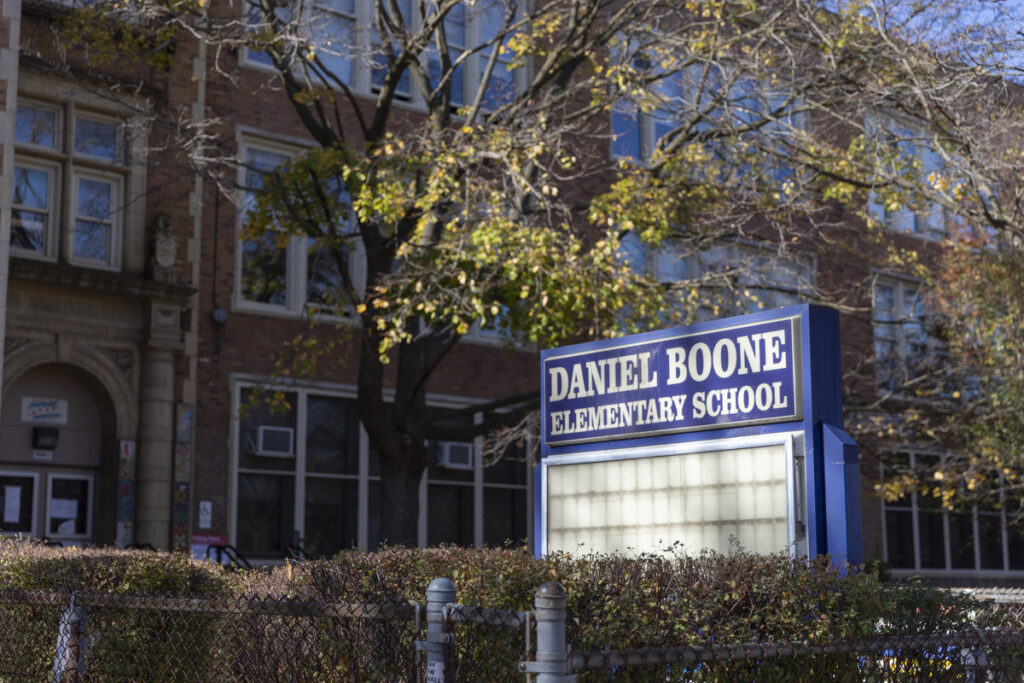
Daniel Boone Elementary School, located around two miles from Loyola’s Lake Shore Campus in Rogers Park, approved a proposal to change the school’s name to the Mosaic School of Fine Arts on Oct. 28. The school began the renaming process as a way of removing their current connection to Daniel Boone and the history surrounding him.
The new name will not be official within Chicago Public Schools (CPS) until July 7, 2023, when the next fiscal year begins. Despite this, Jackie Delaney, the principal of Boone Elementary, encouraged those within the community to immediately begin using the new name, according to the school’s Oct. 28 newsletter.
“The Equity Department has evaluated Daniel Boone as an historically egregious figure due to his relationship with Native/Indigenous colonization and dehumanization as well as being a slave owner of African American people,” the CPS Equity Department wrote in a statement provided to Boone Elementary.
The proposed Mosaic School is a fine and performing arts magnet cluster school with over 700 students. They teach visual art, dance, music, drama, visual communications, technology, health and physical education classes – all of which are integrated throughout the curriculum, according to the school’s principal’s message.
The CPS Office of Equity was formed in 2018 with a goal of advancing educational equity throughout Chicago. The office defines equity as championing the individual cultures, talents, abilities, languages and interests of all CPS students to ensure they receive the necessary opportunities and resources to meet their needs and aspirations, according to the Office of Equity.
A representative for the CPS Office of Equity declined to comment.
Daniel Boone has been described as a frontier hunter from the late 18th century renowned for his efforts leading pioneers through the Appalachian Mountains to settle what would become the first few towns in Kentucky, according to Britannica. During his life he became famous after several writers and artists included what some describe as his exploits as a pioneer and explorer in their works, according to Britannica. Despite positive depictions, Boone had repeated violent interactions with Indigenous people and was a slave owner, according to History.
The process to rename the school began in Dec. 2021 after the CPS Equity Department undertook a review of all CPS school names and selected schools to be part of the renaming process, according to the Dec. 22, 2021 newsletter. The goal of the review was to ensure a culturally relevant school learning environment, according to the Dec. 22, 2021 newsletter.
The process started with a survey to gauge community feedback and interest in the renaming process that was then analyzed by the Renaming Advisory Committee on Jan. 4. Names submitted by community members were then voted on by students, parents and guardians to determine the top three names that would be submitted at the October Board of Education meeting for approval, according to the school’s April 29 newsletter.
The name “Mosaic” was suggested by one of the 2021 third grade classes. The second choice option was Haven School of Fine Arts and the third choice was Sarah Boone School of Fine Arts, according to the June 10 newsletter. Other name submissions on the bracket included Rosa Parks, Maya Angelou, Frida Kahlo, Rainbow and Ruth Bader Ginsburg, according to the April 29 newsletter.
Sarah Boone invented the modern day ironing board and was one of the first Black women to receive a patent for her invention, according to Biography. She was not related to Daniel Boone.
In the wake of the 2020 killing of George Floyd, there was a renewed effort nationwide to remove and rename Confederate monuments and sites, according to the Associated Press. The 2021 Defense Authorization Act established a Naming Commission to provide removal and renaming recommendations for all Department of Defense components with Confederate titles. After Secretary of Defense Lloyd Austin approved its recommendations the commission disbanded, according to Military.com.
Dr. Theodore Karamanski teaches history of the American frontier movement and history of the American Indian in Loyola’s history department and has been at Loyola for 50 years after starting as an undergraduate student in 1972. Both of these classes specifically, he said, relate to the life and career of Daniel Boone.
“He’s a classic American hero because he is portrayed as a symbol of individualism as someone with a venturing or exploring attitude,” Karamanski said. “And he’s a man with a gun. And all great American heroes are men with guns.”
Karamanski said Boone’s major accomplishments were existing as an icon for the pioneer movement and leading the first permanent white settlers over the Appalachian Mountains through Cumberland Gap to reach Kentucky.
“Boone harbored no hatred for Indians, and he’s sometimes very erroneously portrayed as like an Indian fighter,” Karamanski said. “When, in reality, we can’t document any more than maybe three Indians that he killed in his life, which it sounds awful, ‘only killed three people,’ but this was a time in which hundreds of Americans and hundreds of Indians were being killed.”
From 1789 to 1890, the U.S. government fought in at least 40 conflicts with Indigenous peoples leading to the deaths of 19,000 White individuals and 30,000 Indigenous peoples, according to the 1890 Census. Various other smaller unnamed conflicts led to the deaths of an estimated 5,000 White individuals and at least 8,500 Indigenous peoples during the same time period, according to the 1890 Census.
Rather than renaming the school, Karamanski thinks a better course of action would be teaching the students why Boone was a mythic figure and about the complexity of his legacy.
“If you remove people like Daniel Boone or even a Thomas Jefferson from the landscape and thereby diminish their persona in our history, you run the danger of telescoping the past and the present,” Karamanski said. “So the past seems more and more like America today when it was nowhere near. And you lose any sense of the hard won evolution and accomplishments that have occurred towards social justice.”
Dr. Ben Johnson teaches U.S. history in the Loyola history department and was trained as a historian of the American west. He has been at Loyola since 2014.
“I don’t really think any of that history would be different if he had never existed,” Johnson said. “I think in a way he became famous even in his own life as a cultural symbol of that kind of expansion, of Indian fighting, of the sort of simple manly virtues that living on the frontier supposedly fostered.”
Johnson said he had mixed feelings about the renaming of the school and that it might not be a question to answer in regards to academic history.
“I’m glad to see that Americans are reckoning with the violence of our national past,” Johnson said. “And a big part of that is clearly the dispossession and in some cases really what I think has to be called genocide that’s directed at native people. Let me put it this way, there are a lot worse people to have schools named after than Daniel Boone.”



